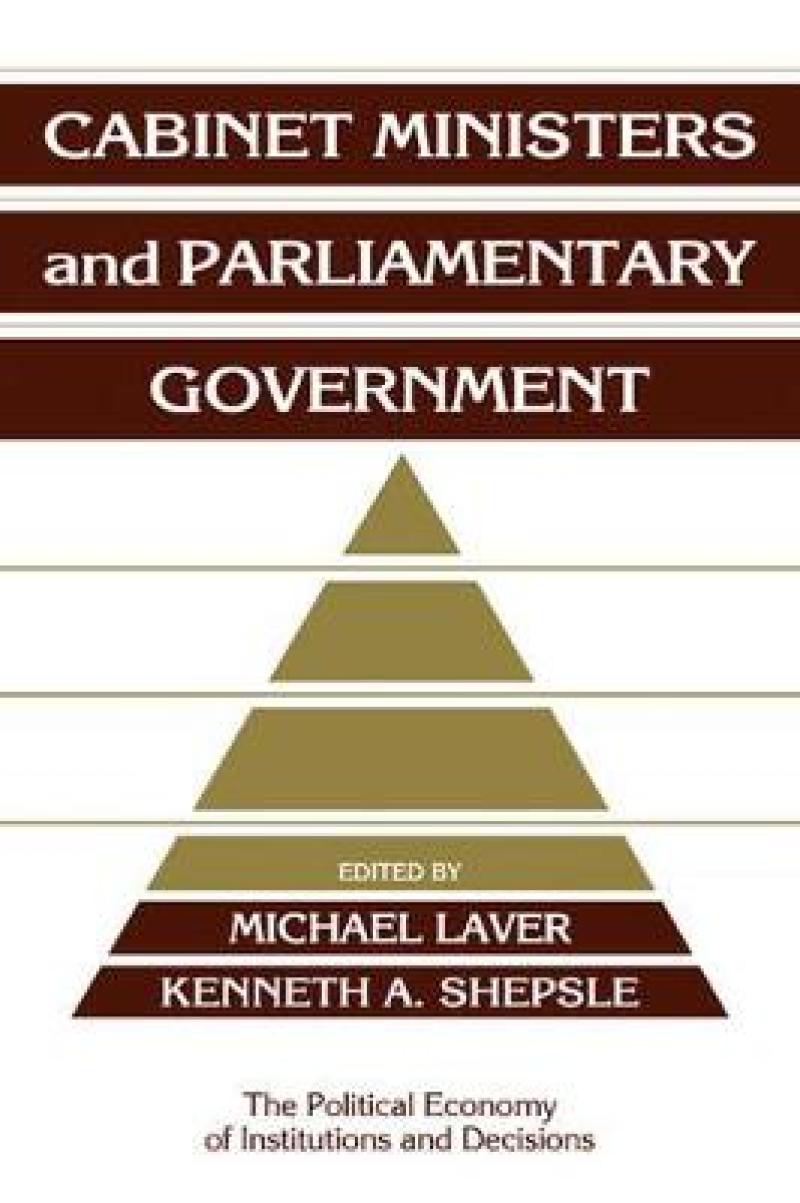One of the key constitutional features of a parliamentary democracy is that the political executive, or cabinet, derives its mandate from - and is politically responsible to - the legislature. What makes a parliamentary democracy democratic is that, once a legislative election has been held, the new legislature has the power to dismiss the incumbent executive and replace it with a new one. Moreover, it sits essentially as a court, passing continual judgement on the record of the executive, and continuous sentence on its future prospects. That is how citizens, indirectly, choose and control their government. But the relationship between legislature and executive is not one-sided. The executive typically has the authority to recommend dissolution of parliament and is usually drawn from the parliament. Executive personnel, therefore, have intimate familiarity with parliamentary practices; and for their part, parliamentary personnel aspire to executive appointments. Surprisingly little is known about the constitutional relationship between legislature and executive in parliamentary regimes; the present volume seeks to remedy this.
Les mer
List of tables and figures; Series editors' preface; Part I. Introduction: 1. Cabinet ministers and government formation in parliamentary democracies Michael Laver and Kenneth A. Shepsle; Part II. Coalition Systems: 2. Models of government and the Australian cabinet Wolfgang C. Müller; 3. The political role of Norwegian cabinet ministers Kaare Strom; 4. The Netherlands: ministers and cabinet policy Rudy B. Andeweg and Wilma Bakema; 5. The political role of cabinet ministers in Ireland Brian Farrell; 6. Finland: ministerial autonomy, constitutional collectivism, and party oligarchy Jaakko Nousiainen; 7. Cabinet ministers and policy-making in Belgium: the impact of coalition constraints Arco Timmermans; 8. The role of cabinet ministers in the French Fourth Republic François Petry; 9. The political autonomy of cabinet ministers in the French Fifth Republic Jean-Louis Thiébault; 10. The role of German ministers in cabinet decision making Ferdinand Müller-Rommel; 11. Cabinet ministers and parliamentary government in Sweden Torbjörn Larsson; 12. The political role of cabinet ministers in Italy Annarita Criscitiello; Part III. Majority Party Government Systems: 13. Ministerial autonomy in Britain Anthony King; 14. Collective cabinet decision making in New Zealand Matthew S. R. Palmer; 15. The interpersonal dynamics of decision making in Canadian provincial cabinets Graham White; 16. Cabinet decision making in the Hellenic Republic 1974–1992 Kleomenis S. Koutsoukis; Part IV. Conclusion: 17. Cabinet government in theoretical perspective Michael Laver and Kenneth A. Shepsle; Index.
Les mer
A close examination of the constitutional relationship between legislature and executive in parliamentary regimes.
Produktdetaljer
ISBN
9780521438377
Publisert
1994-09-30
Utgiver
Vendor
Cambridge University Press
Vekt
490 gr
Høyde
229 mm
Bredde
152 mm
Dybde
19 mm
Aldersnivå
P, 06
Språk
Product language
Engelsk
Format
Product format
Heftet
Antall sider
332
